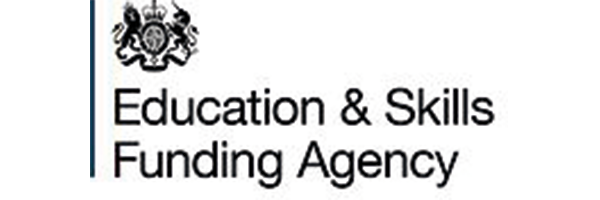
How to guard against online radicalisation
If you are approached or groomed, think long and hard about the consequences of radicalisation to yourself, your family and friends, and your basic values.
-Keep an eye on family members, friends and others you think may be susceptible to radicalisation. Have their behaviour patterns changed? Have they become withdrawn or introvert for no apparent reason? Has their belief structure altered? Are they making unusual travel plans? Are mutual friends and acquaintances also concerned?







